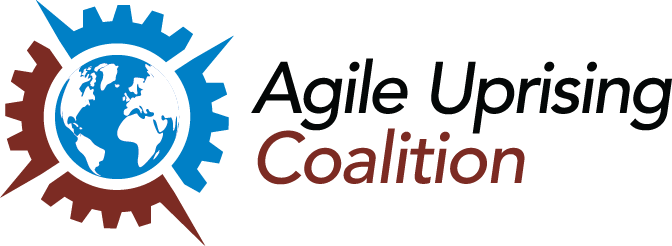@chrismurman is helping us to stay on target, so I’ll revisit and share some things I have done to give you a better sense of an approach. Feel free to call me crazy too if you don’t subscribe - wont be the last time (and definitely not the first, lol)
First point - I don’t subscribe to the assumptions you’ve made above. I may not understand the full context of your comment, so you can correct me if I’ve taken liberties with it. If I have a group of Scrum Masters passionate about helping their teams mature - those folks prioritize topics. They may ask teams for input (and probably should), but they don’t have to. If you are talking more functional level CoPs (ie. Security, not a role like Scrum Master), I would certainly work through my Product Owners if there were ideas about how to do things differently.
To Inspire a CoP - here is my handbook:
- Find change agents
- Invite them to collaborate
- Talk about these items:
- Why is this Important? Value Statement
- What do we expect to get out of this? Mission Statement
- Who are our customers that can benefit from this? Is this bigger than just “us”?
- What will we embrace? (think of the best team you’ve ever worked on) Team Norms / Charter
- What will we not tolerate? (think of the worst team you’ve ever worked on) Team Norms / Charter
- What will success look like a year from now? Vision Statement
- Logistics - When, Where, How Often, Cadence
4.Go forth and conquer
You need someone passionate enough to be a Chairperson (ie. someone to manage logistics and facilitate) - and that’s about all you need beyond engaged people.
You can cut down on some of number 3 if its too much - I just like to establish the concept of “this is a team, this is why we are here, and what we intend to accomplish”.
This is a strong passion of mine lately, so I’d love to hear other ideas or approaches folks are using.
@hdietrich would love to hear your experience regardless of approach should you decide to pursue this CoP path…

 We have an interesting topic and there is passion for the topic. I somehow can find vision, mission, and value statements in your answers above.
We have an interesting topic and there is passion for the topic. I somehow can find vision, mission, and value statements in your answers above.

